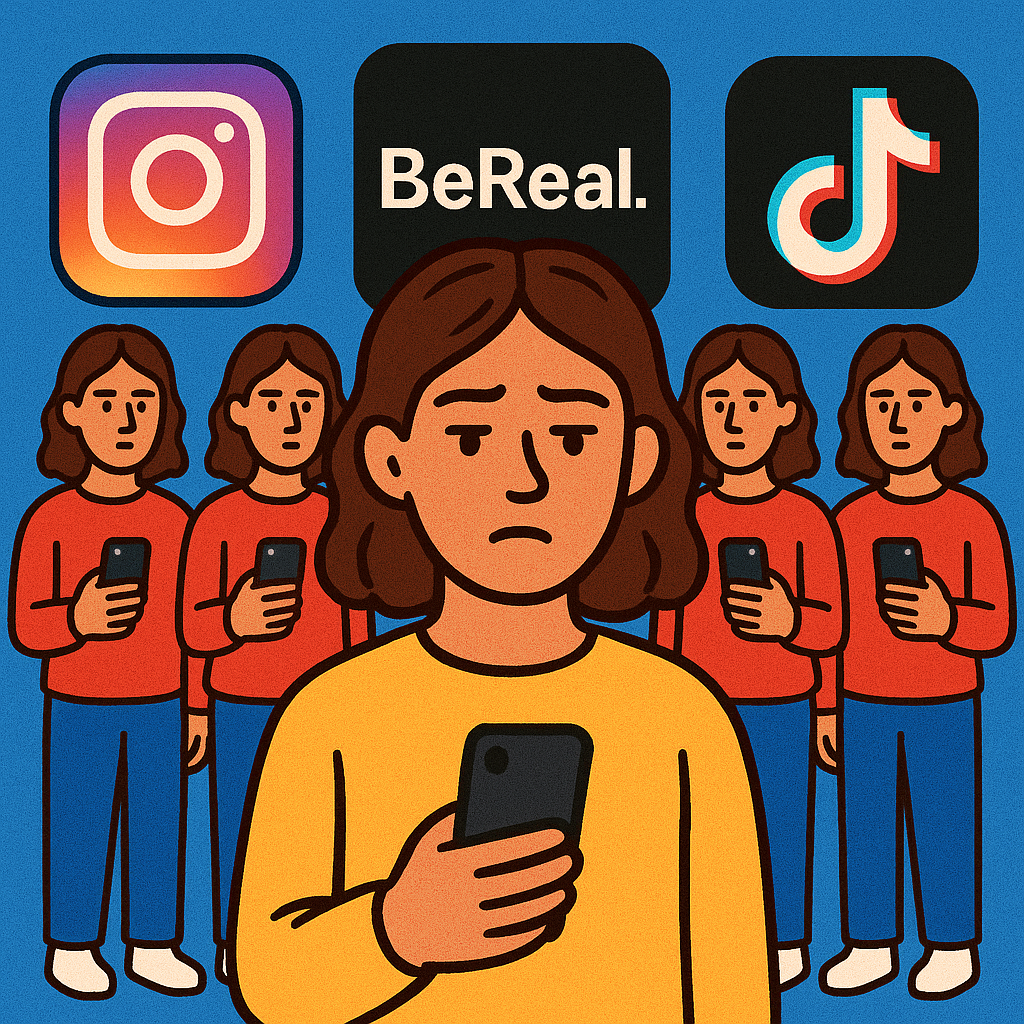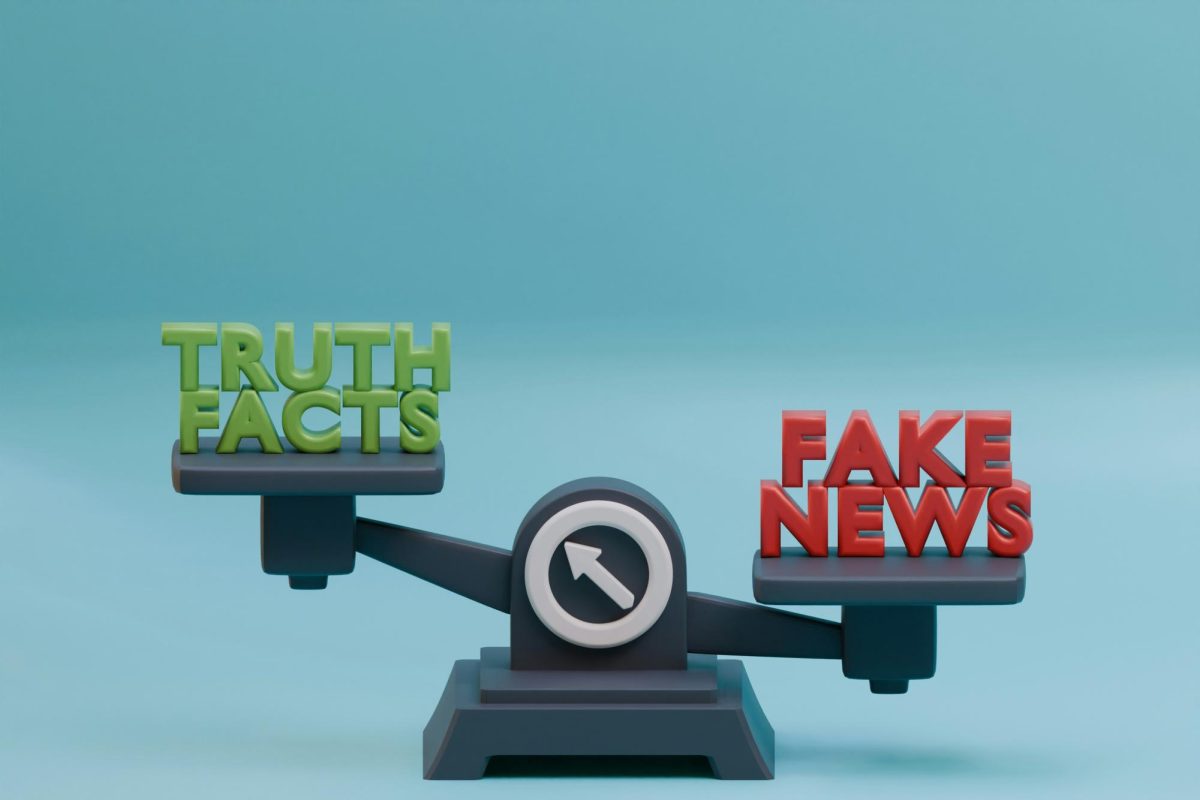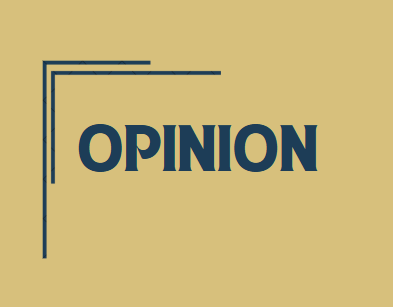In the digital age, the internet has become a double-edged sword — a platform for connection and expression, yet also a breeding ground for oversharing and inflammatory content. This phenomenon has led to a culture where personal boundaries are blurred, and outrage is often manufactured for engagement.
Social media platforms have normalized the act of sharing intimate details of one’s life, often without considering the implications. This trend, known as oversharing, involves disclosing personal information that ideally should remain private. While sharing can foster connection, excessive disclosure can lead to unintended consequences.
Psychologists suggest that oversharing is often driven by a desire for validation or as a coping mechanism for emotional distress. However, this behavior can backfire, leading to vulnerability and potential exploitation. How? Personal information shared online can be weaponized — employers may make hiring decisions based on a candidate’s digital footprint; scammers can extract details like location, relationship status, or routines to tailor phishing attempts; even former friends or followers may use sensitive posts against someone in conflicts or smear campaigns.
More broadly, the culture of oversharing has created a kind of chaos online — where emotion is currency and personal boundaries are eroded in the pursuit of attention. It’s not just that we know too much about each other; it’s that we’ve become desensitized to depth, and suspicious of sincerity. When everyone is broadcasting their lives for public consumption, how do we differentiate authenticity from performance? Over time, this could corrode our ability to trust not just influencers and content creators but even the people around us. The spectacle of the internet risks distorting our understanding of human behavior, making us view others more as characters in a storyline than as real individuals with complexity and privacy.
Beyond oversharing, a more insidious trend has emerged: rage-baiting. This tactic involves posting provocative content designed to elicit anger and outrage, thereby increasing engagement metrics like shares and comments. Social media algorithms often prioritize such content, creating a feedback loop that rewards divisive material.
For example, TikTok has seen a surge in creators posting intentionally inflammatory takes — a man insisting women shouldn’t work, a creator mocking mental illness for views. These posts go viral not because people agree, but because viewers share them in outrage. According to The Sun, the app’s algorithm boosts this content due to the spike in comments and shares, incentivizing creators to provoke instead of inform.
This trend doesn’t just exploit emotions — it erodes discourse. When rage becomes the primary driver of engagement, it silences nuance and amplifies extremism. Social media begins to resemble a digital coliseum, where users compete not for truth, but for the loudest, most controversial take.
The internet’s anonymity can also lead to the online disinhibition effect, where individuals express themselves more freely – and sometimes more aggressively — than they would in person. This lack of restraint can result in the sharing of offensive or deeply personal content without considering the repercussions.
But what does this really mean for society? When people feel less accountable, they become more likely to bully, harass, or incite harm. A friend of mine once joined a Reddit thread to ask for parenting advice. The responses ranged from genuinely helpful to deeply abusive, with users hiding behind anonymous usernames to tell her she was unfit to be a parent. The broader implication? Anonymity doesn’t just change behavior — it distorts empathy. When we lose sight of the humanity behind the screen, we become more willing to harm others for entertainment or catharsis.
The culture of oversharing and rage-baiting carries significant risks. Individuals may face cyberbullying, identity theft, or damage to personal relationships and professional reputations. On a broader scale, the normalization of outrage-driven content can erode public discourse and foster a more polarized society.
Moreover, the amplification of divisive content by social media algorithms can exacerbate tensions and contribute to the spread of misinformation. It’s not just that platforms allow this behavior – they benefit from it.
So, where do we go from here?
We need to foster a culture of digital intentionality. This means being mindful not only of what we post, but also of what we consume and amplify. Before clicking “share” or “post,” ask: Is this adding value? Is this respectful of privacy – my own or someone else’s? Am I reacting, or reflecting?
Digital literacy and critical thinking are essential skills in an age of manipulation. Knowing how algorithms work, recognizing emotional bait, and resisting knee-jerk reactions online are forms of modern-day self- defense.
Let’s reclaim the internet as a place for meaningful connection, not emotional exploitation. If the internet is a stage, let’s write better scripts – ones grounded in empathy, respect, and truth.




